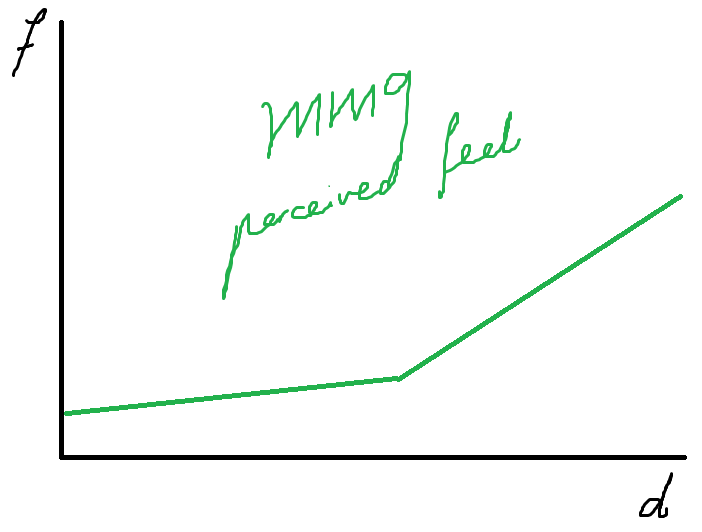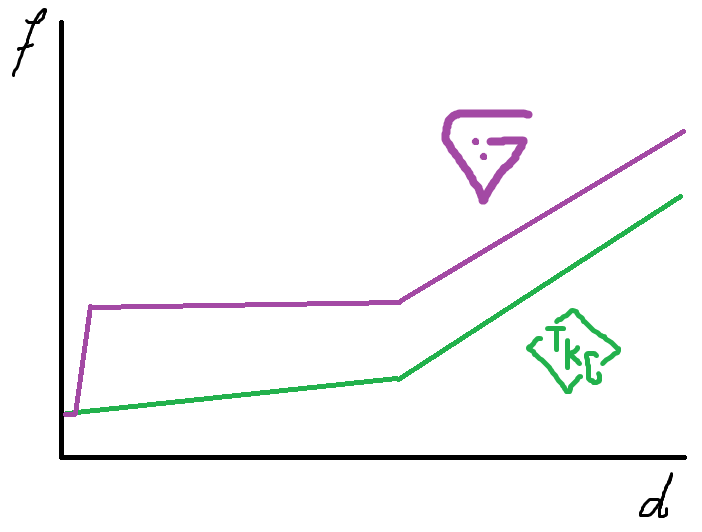You could buy MM9 directly from the Tokai website. In both 2007 and 2016, the prices were as follows:
MM9-1 20個パック ¥1,500.-(¥1,575.-)
MM9-2 20個パック ¥1,400.-(¥1,470.-)
MM9-3 10個パック ¥1,100.-(¥1,155.-)
MM9-4 10個パック ¥1,300.-(¥1,365.-)
Google figures 20個パック is "20 packs", but I assume at that price it's going to be a pack of 20. Currently that's US$13.30 for MM9-1, or 67¢ each. (They didn't ship outside of Japan or accept VISA, otherwise I'd have bought some.)
What I really wanted was to compare the price with SPT-0101, their optical switch. Sadly that was never available for sale from their website, so I have no idea about the pricing.
By comparison, a RAFI RS 74 M switch (3.13.002.502/0000), MOQ 25, was €1.33 from a particular distributor in 2016 (currently US$1.43). If you bought 3000 of them, you'd pay €1.24 each. Those have five times the lifetime at 10 M.
Mechanical Keyboards price for 10 Cherry MX Black (50 M lifetime!) is US$10, so $1 each. For 10+ packs, they're $5 each, or 50¢ per switch. For 3000 (as with the RAFI pricing I was given) that's $300, vs $4000 for the same number of RAFI switches.
It does seem that these Tokai switches were cheap, but Cherry is so much better value for money.
I have both MM9-3 and MM9-4 to hand (the non-keyboard types) and I'm coming to understand these better.
MM9 is progressive rate with knee. This is how I perceive it:

- Perceived force curve of Tokai MM9
- MM9.png (12.94 KiB) Viewed 6569 times
In reality there's a force wall to catch you, that you saw in Jacob's graph. It's curious that I mentioned RAFI, as RAFI make the only other known progressive rate with knee design, RS 74 M illuminated; that doubles the bounce time to 10 ms, but still offers 10 M lifetime.
I also have two MM9-2 clones. One may be Kwanda; I can't tell. That one feels more like a stiff Cherry MX Brown: linear with a bump. There's no sense of progressive rate with that type. The "G" type however is very different:

- Perceived force curve of "G" vs MM9
- G.png (11.82 KiB) Viewed 6569 times
There's a huge wall to overcome first.
So, Tokai's advantage is having progressive rate. MM9 feels so much better than the clones: lighter and smoother.